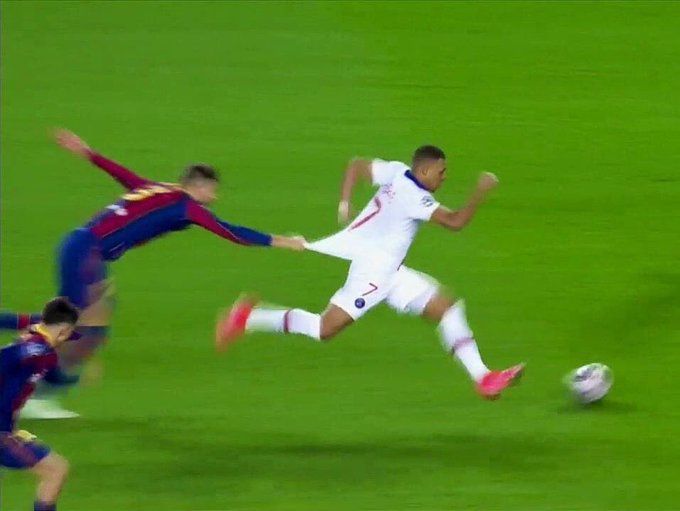With several damaging results in European football, there have been suggestions that clubs from La Liga are in crisis with the outcomes indicative of the league’s decline. Author and commentator Jon Driscoll refutes this idea, and believes Spanish football is in good health. Check out Jon’s book, detailing the 50 most influential players in the history of football: The Fifty: Football’s Most Influential Players.
___________________________________________________________________
Do you remember when Barcelona were brutally dismantled by Bayern Munich in the Champions League? The Catalans’ inferior physicality was embodied by Sergio Busquets, while Gerard Pique was red-faced in defence and Lionel Messi was such a spectator he should have bought a ticket. Bayern went on to became champions of Europe. German football, thrusting and dynamic, was the future. Spaniards tippy-tapping the ball around was yesterday’s show. Football had evolved.
That was 2013 and Spanish clubs won the next five Champions Leagues. Reports of the death of Spanish football had been greatly exaggerated.
The picture in 2021 is not rosy. After last season’s reprise of their Bayern humiliation, Barca were only half as bad against Paris Saint-Germain: 4-1 rather than 8-2. The harsh reality is that this Barca side lose their big games.
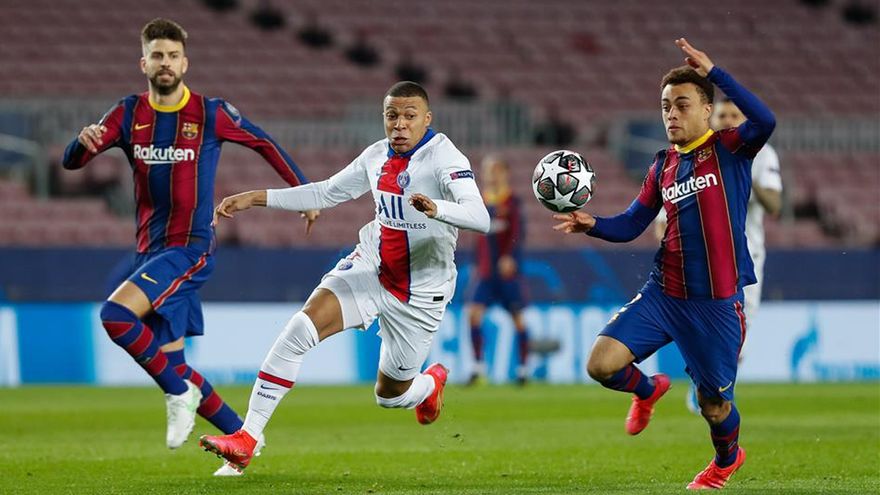
Sevilla also seemed surprised that a major European opponent might launch devastating counter-attacks and were mauled by the Norwegian minotaur Erling Haaland. And while I did not share the general British sense of shock that Diego Simeone might set up defensively in a big match, it was hard to be too sympathetic when Atletico Madrid lost to a single goal, even if circumstances had denied them a home game.
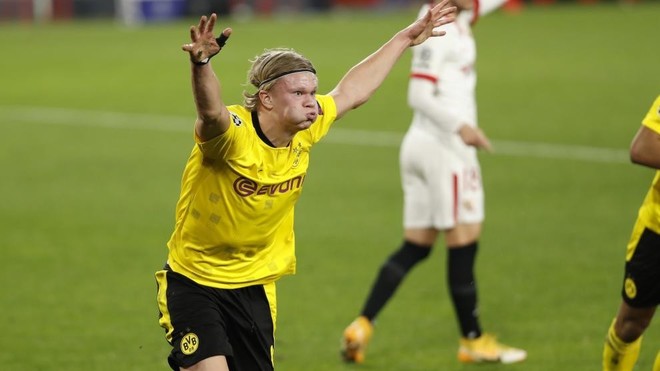
Real Madrid’s tortuous 1-0 victory over ten-man Atalanta makes them favourites to progress but given their group stage performances against Shakhtar Donetsk and the Italian side’s away record, don’t bet your house on it. Real Sociedad look set to be knocked out by Manchester United. Someone tell Imanol Alguacil that United are quite good on the break! A disorderly queue has formed of doom-mongers eager to sound the death knell of Spanish football. La Liga is defending a bumper crop of UEFA co-efficient points from 2016-17 and had to significantly outperform English clubs in this season’s competitions to hang onto its top billing: that is not happening. The title of Best League in the World is up for grabs, this time for real.
The lesson from 2013 is not to jump to conclusions based on a couple of results or even a single season. 2014 brought an all-Madrid final as Real won La Decima. In 2015 Luis Enrique’s Barca played some of the best football I have ever seen in the latter stages of their treble season. Real Madrid won the next three Champions League titles, although not without surfing the waves of good fortune. Here is the key question: was it just a bad fortnight, or has this been years in the making?
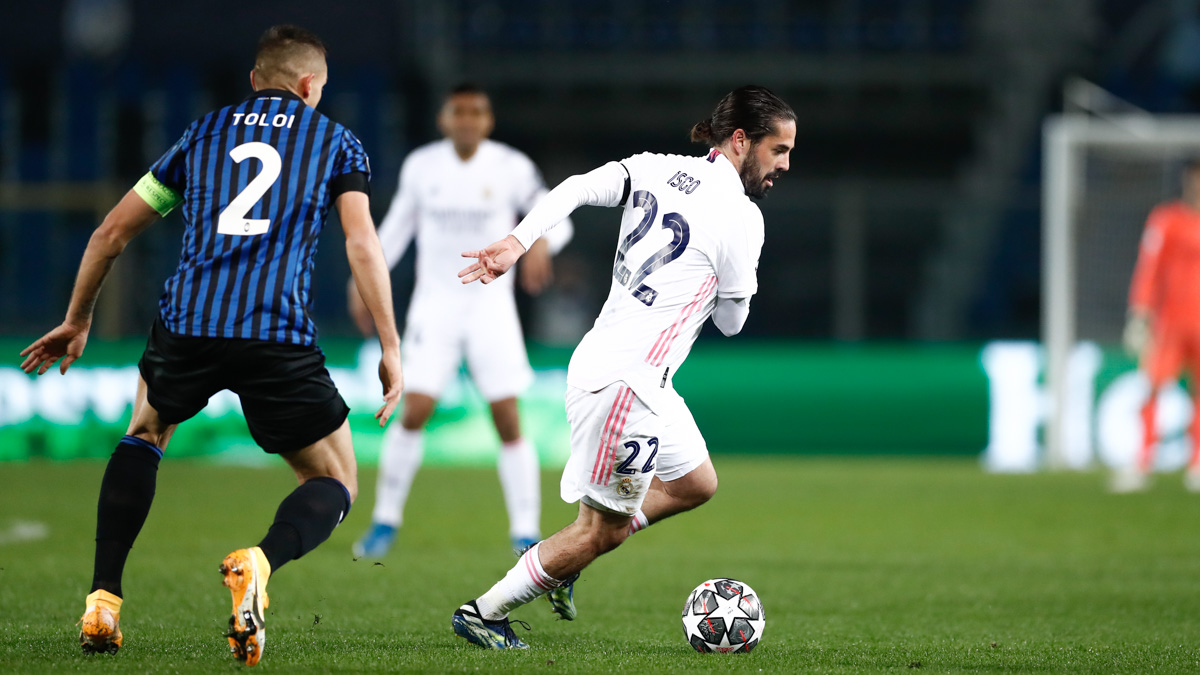
Neither Barcelona nor Real Madrid have been well-run, although it is unfair on Florentino Perez to bracket him with Josep Bartomeu. Frankly, had Bartomeu set out to ruin Barcelona he could not have done much more. No club in the world can generate more cash but somehow there is a ruinous black hole in their accounts: reckless transfer fees and sentimental contracts for declining stars make an easy diagnosis. Messi has his own economic geosphere but Barca’s next president might be faced with the dilemma of keeping the best player ever – or rescuing the club’s finances. Barca’s players are too old or too young to beat the best and no matter what the presidential candidates might promise, there is no easy solution.
The only way Real Madrid’s transfer dealings look reasonable is if they are considered alongside Barcelona’s. In the summer of 2019 Los Blancos spent over €300m on players. Between them they have made just 33 starts this season, the majority by Ferland Mendy. Last summer they kept their powder dry and their situation is not as dire as Barca’s.
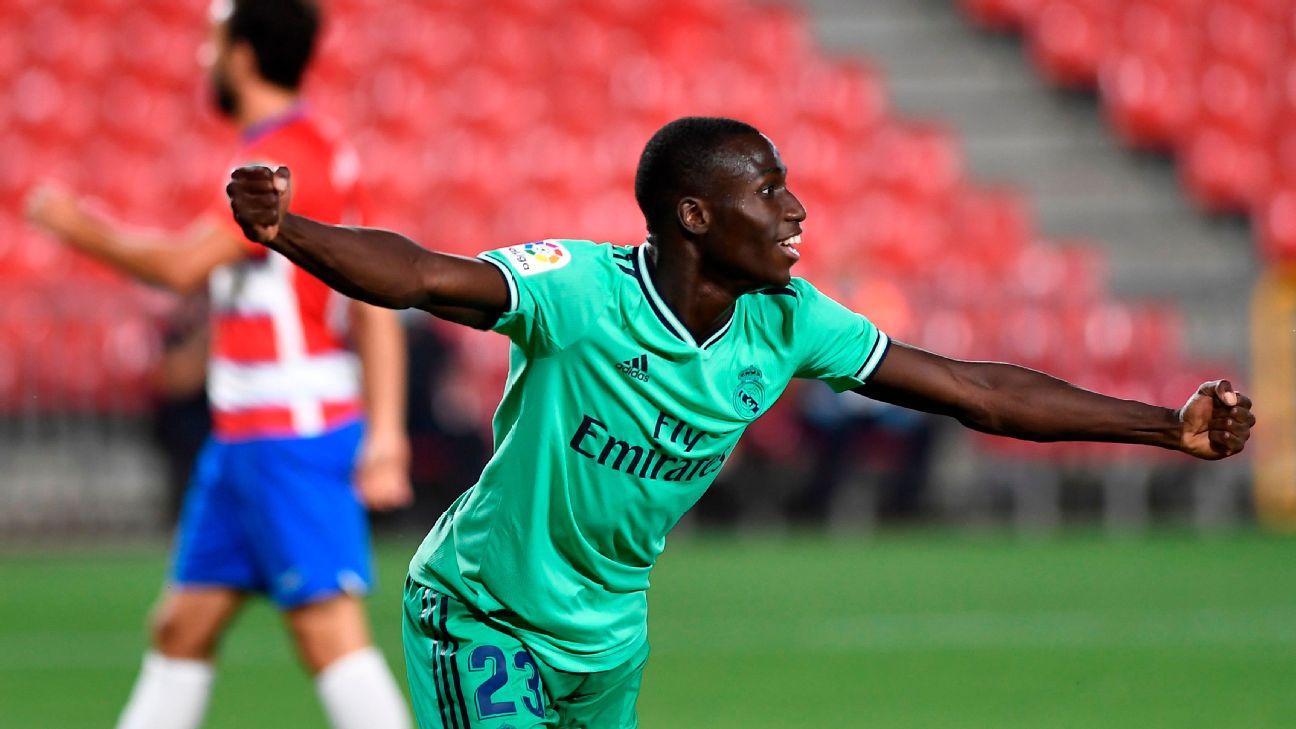
Beneath the big two, there is no crisis. Atleti have rocked in recent weeks, hit hardest by Covid, but are still top of La Liga. Their long-term issue is that becoming a bona fide European giant playing free-flowing, entertaining football remains tantalisingly out of reach. Had Sevilla finished third in their Champions League group and won the Europa League we would have collectively hailed Monchi’s genius. It is disappointing that they have not moved into a higher bracket after their long apprenticeship on the brink of the European elite but there is no need to panic.
When Unai Emery’s Valencia finished third in 2009/10, 2010/11 and 2011/12, they were 25, 21 and then 30 points behind the second placed team. Real Madrid won the league with 100 points in 2012; Barca responded with their own century a year later. Until the emergence of Simeone’s Atletico, there was a genuine case for La Liga being a two-horse race. Too many clubs at the bottom played fast and loose with their finances and tales of unpaid transfer fees and player wages were commonplace. La Liga’s financial fair play has given it a calmer air although how Barca’s finances unravelled in that environment is another question. Fixing the foundations of La Liga was a wise project, even though it will take time to deliver the dividends.
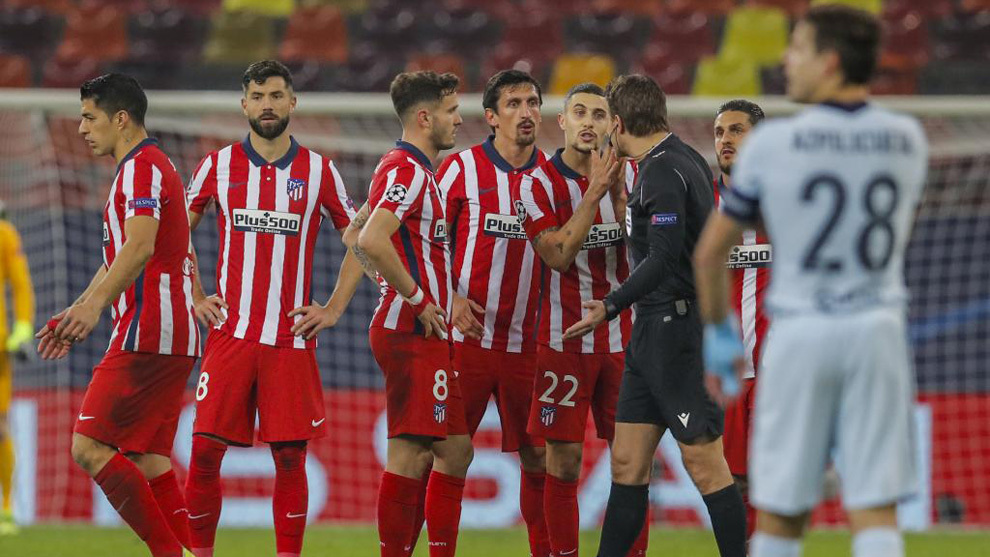
TV money is distributed more evenly than before but it still irks La Liga’s powerbrokers that the Premier League dwarfs it in terms of broadcast revenue. Brits shell out more for their pay-TV and the international nature of the Premier League, as well as its slicker presentation and sales skills has brought global TV dividends. The eye-watering pot of TV cash has attracted further international investment to England and while comes with its own risks and a definite loss of identity, it has swelled the clubs’ coffers.
This is not news: when Pablo Hernandez moved from Valencia to Swansea at his peak in 2012, I remember musing that Spanish clubs were fighting an uphill battle against the Premier League’s financial power. But they fought it largely successfully. That was partly because the big two – armed with Messi and Cristiano Ronaldo – were still rich enough to compete and win in Europe. There was also an enviable base level of coaching and a deep core of Spanish talent. Clubs showed that good teams could be constructed on a fraction of English budgets. The Premier League response involved a lot of money and a lot of air miles.
Spanish clubs must be smart because there is no ready solution to the financial dominance of the English, especially Abu Dhabi-owned Manchester City – or of Qatar-owned PSG. UEFA’s financial fair play might clip the wings of the state-backed clubs a little, but the economic crisis triggered by the Covid pandemic will probably strengthen the hand of the previously wealthy. There used to be a sense that Real Madrid and Barca could hunt down the best players from anywhere in the world, but today’s super agents know there is more cash to be grabbed in England or Paris. A fan of German football would point to Bayern Munich, European champions without a fossil fuel fortune, but the go-to criticism of a monopolised Bundesliga is hard to refute. Before being forced out of Barca, Bartomeu flirted with the concept of a European Super League but that remains as unpopular with fans as any suggestion of changing the ownership models of the big two to allow for foreign takeovers.
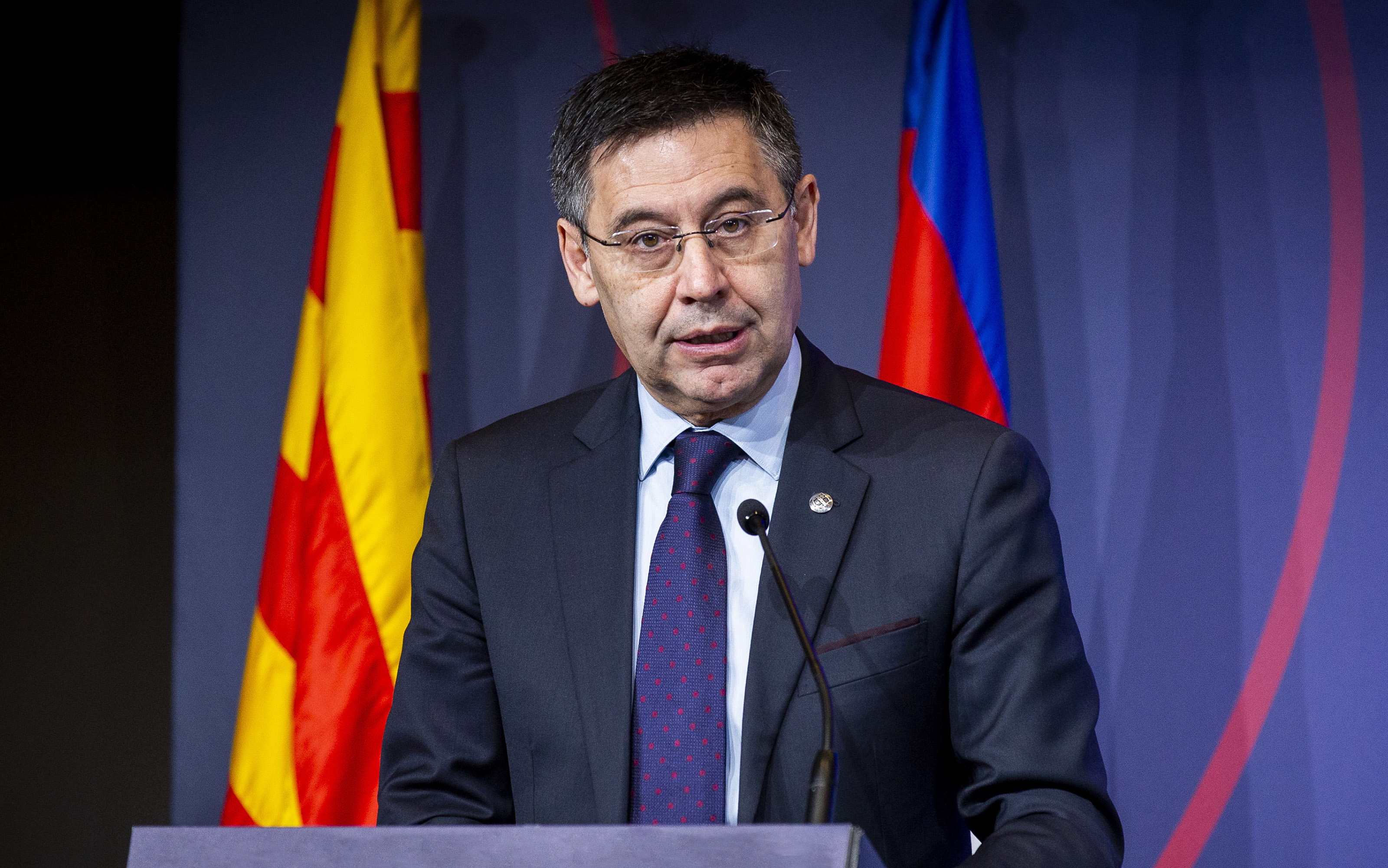
Fans prize identity and, for me, that is one area where La Liga has been failing for years. Stadiums closed by the virus have been filled by TV graphics, but do not forget the empty seats that we saw for too many years. The attitude is defeatist: the country is too big, Spanish people like to go away for weekends, the fans are too discerning. The truth is selling La Liga as the best league in the world will ring hollow if they cannot even persuade the locals to turn up. In that respect the Bundesliga and the Premier League are years ahead. Now that FFP is established, filling the grounds should be top of the to-do list when normality returns.
In a way Spanish football is as strong as ever. The base level of players is high and La Liga’s bottom half isn’t full of clubs on the brink of disaster, although the long-term effects of the pandemic could be a serious problem. So, if La Liga loses its place at the top of the UEFA rankings this season – which it surely will – that does not mean it is time for the obituaries.
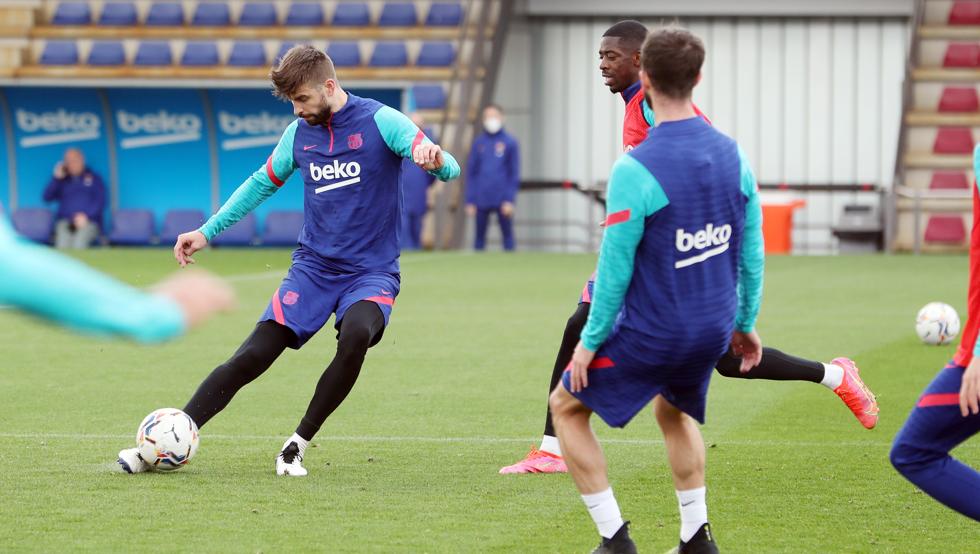
Any temptation to tilt the balance back in favour of the twin titans in the hope of rekindling the European glory days should be resisted: on recent form, they would blow the lot anyway. Nor can Spanish football rest on that most complacent of concepts: the inevitable cycle. Hungary revolutionised football in the 1950s.
The Dutch revitalised it in the 1970s. The cycle has not brought either back to the top; their best concepts were simply subsumed by bigger countries. Spanish football needs to remain at the forefront of innovative coaching and learn to look after its fans.
Barcelona and Real Madrid are still the giants of the world game. Sorting out their sporting management – buying, selling, squad-building – is the key to rekindling the European glory. And who knows, maybe Zinedine Zidane can find a way for his side to stumble to success; he has done it before.
